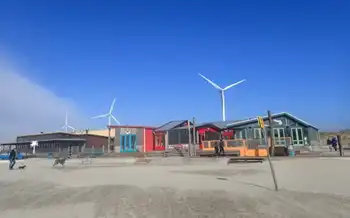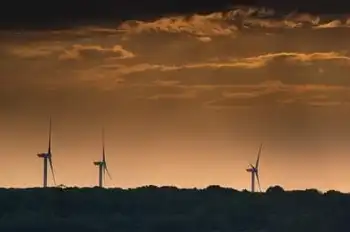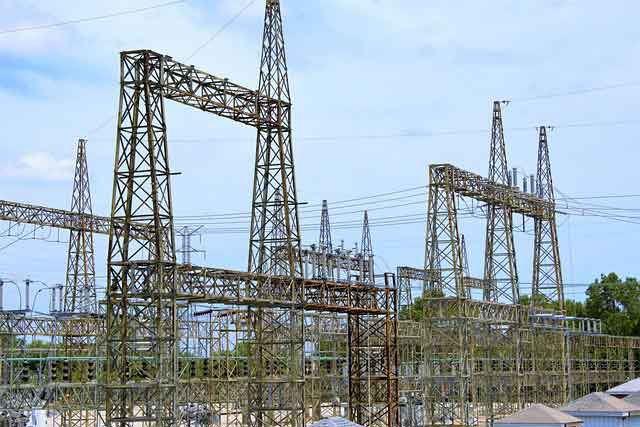First Nations given a million for waste meetings
SASKATCHEWAN - The Federation of Saskatchewan Indian Nations has been given $1 million to hold information sessions on nuclear waste storage, but environmentalists are leery about the idea.
The money comes from the Nuclear Waste Management Organization, the group created by Canada's nuclear electricity industry to find a new home for nuclear fuel waste.
Currently, the waste is stored at various nuclear reactor sites, but the organization wants to bury it deep underground in stable rock formations.
The group believes Saskatchewan is among a number of regions that could be candidates for storage.
So far, two northern communities — the English River First Nation and the Métis village of Pinehouse — have come up as potential sites.
There are still questions about nuclear waste among First Nations people and that's why the information sessions, spread over three years, are so important, says Federation of Saskatchewan Indian Nations vice-chief Lyle Whitefish.
Although the information at the sessions will be coming from the waste management organization, this doesn't mean the FSIN has taken sides in the debate, Whitefish said.
"Our role is basically to educate, that's all we do," he said. "By accepting the dollars, that's for education. It's not to create a position for the FSIN."
However, Cathy Holtslander, who's with the Coalition for a Clean Green Saskatchewan, wonders whether the information will be biased.
"It needs to have independent information, not information from a group that has an interest in basically looking after their problem," she said.
Meanwhile, Saskatchewan Energy and Resources Minister Bill Boyd says the public appetite for nuclear waste storage doesn't appear to be very strong. Provincial jurisdiction is limited on reserves, but the province would have a say in how the waste is transported, he added.
Related News

Dutch produce more green electricity but target still a long way off
AMSTERDAM - The Netherlands is generating more electricity from sustainable sources but is still far from reaching its targets, the national statistics office CBS said on Friday.
In total, the Netherlands produced 17 billion kilowatts of green energy last year, a rise of 10% on 2016. Sustainable sources now account for 13.8 per cent of energy generation.
The biggest growth was in wind energy – up 16 per cent to 9.6 billion kWh – or the equivalent of energy for three million households. Wind energy now accounts for 60 per cent of green Dutch power. The amount of solar power, which accounts for…




